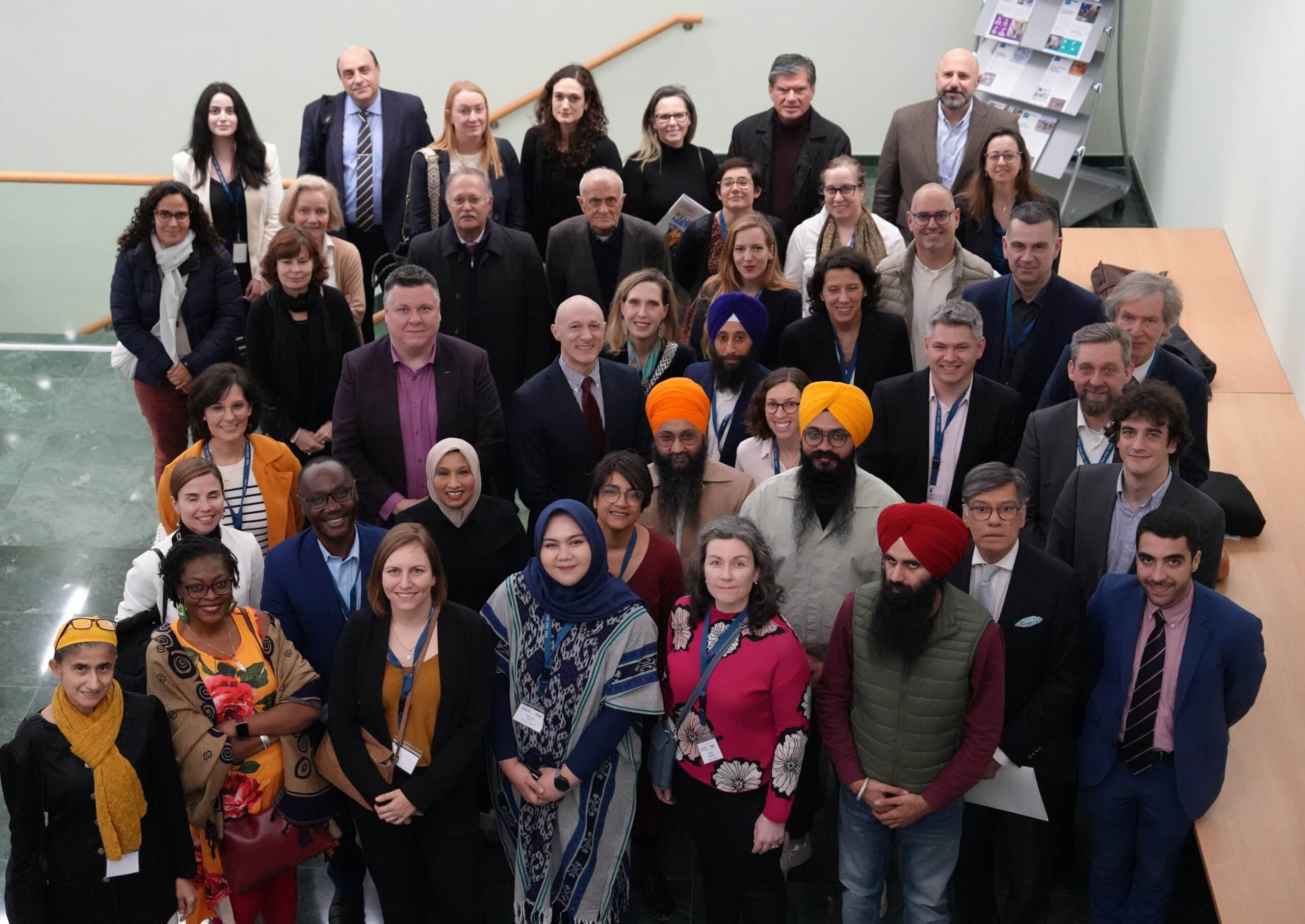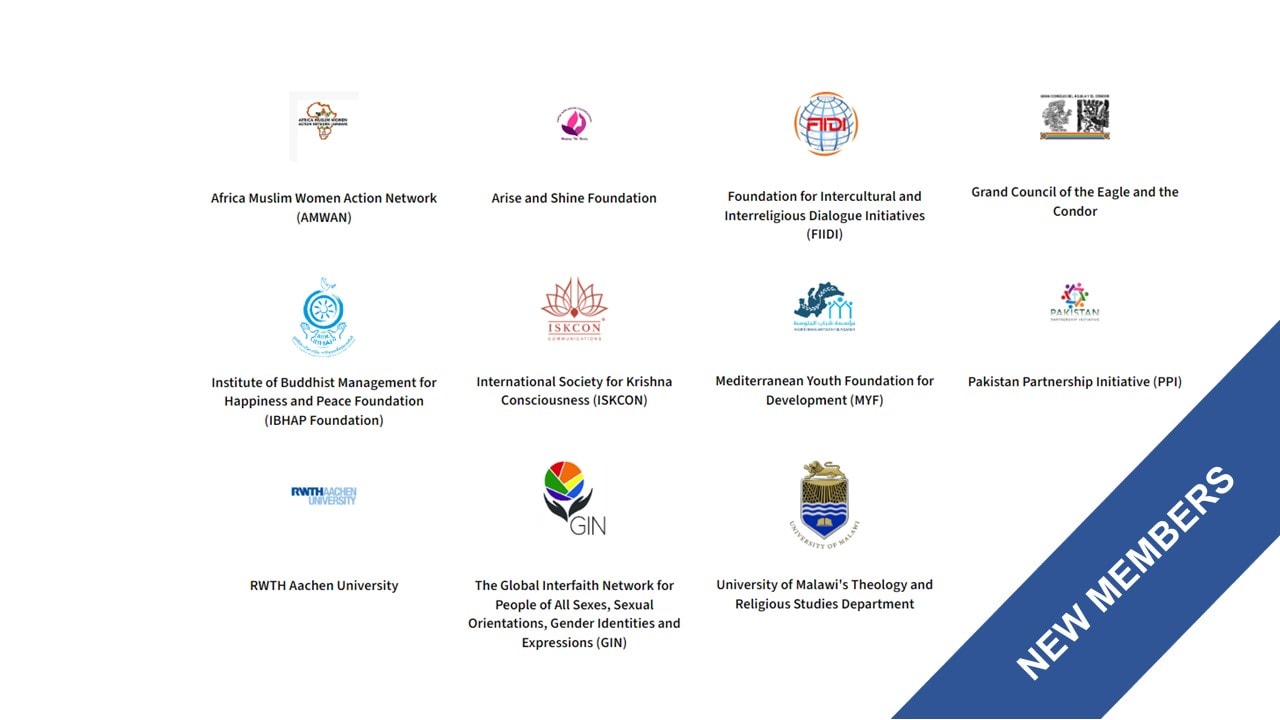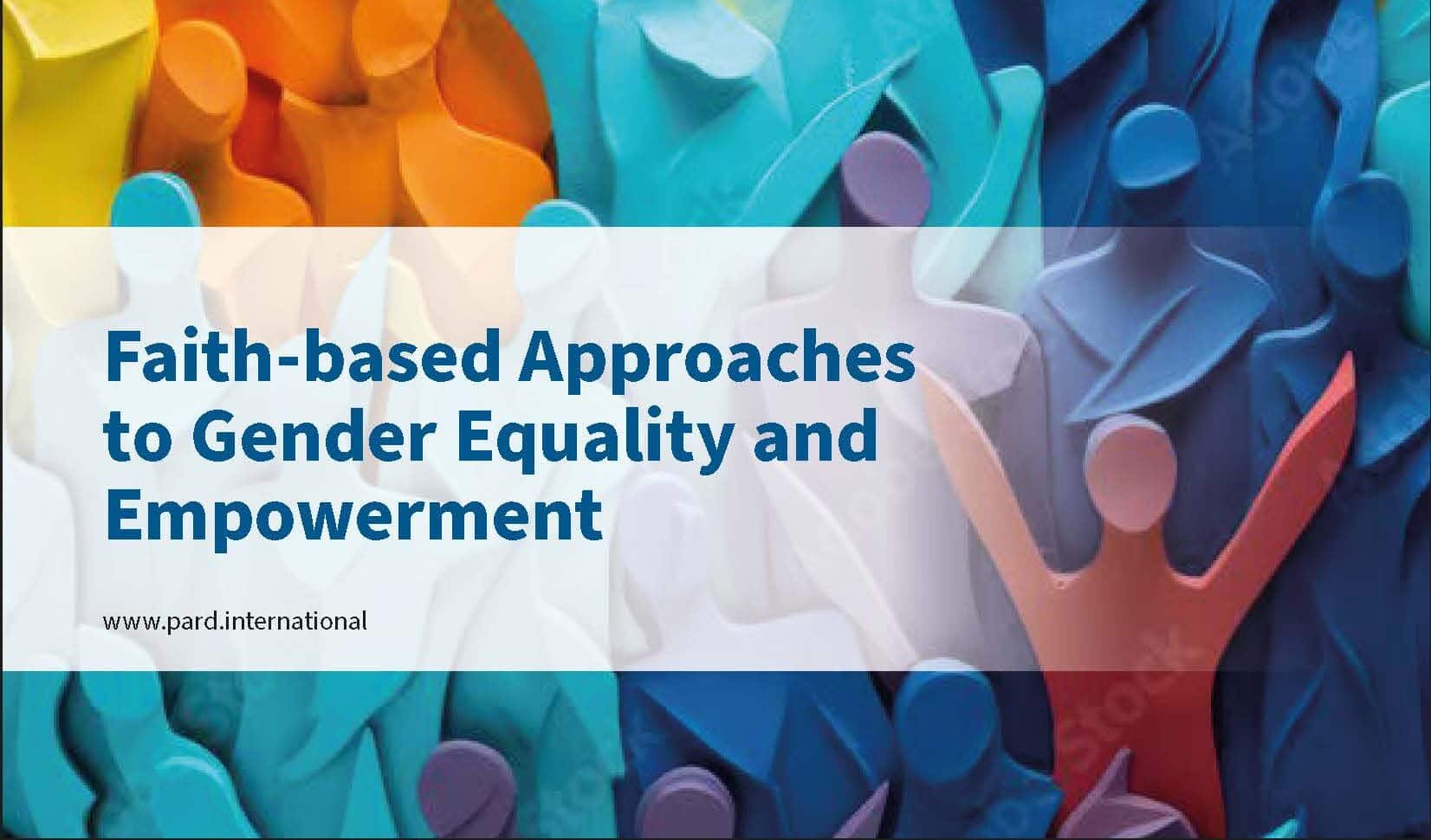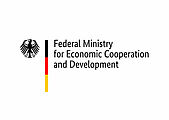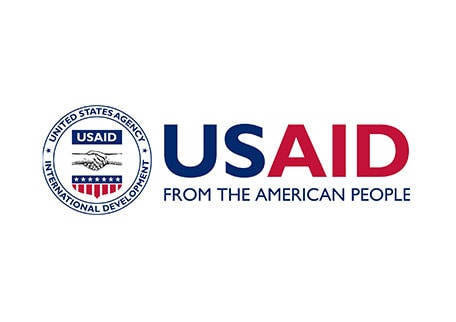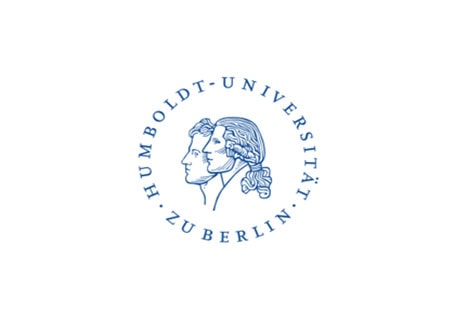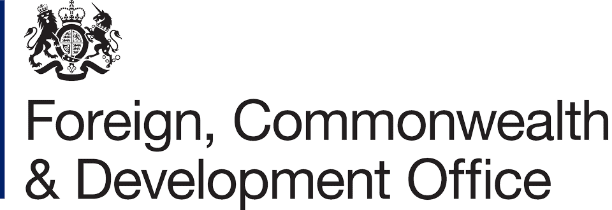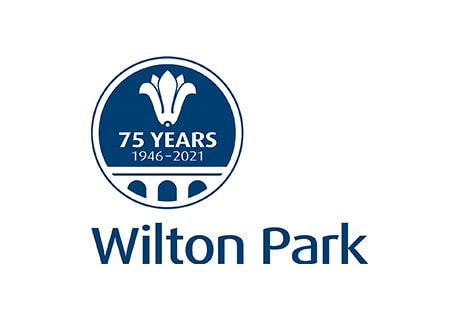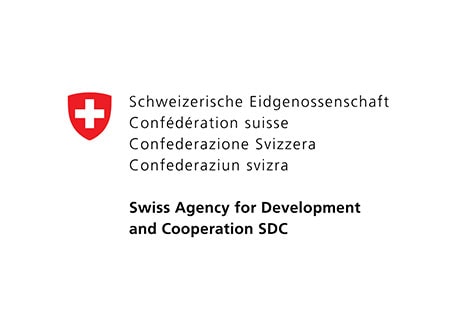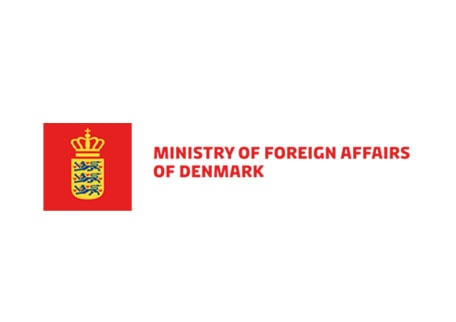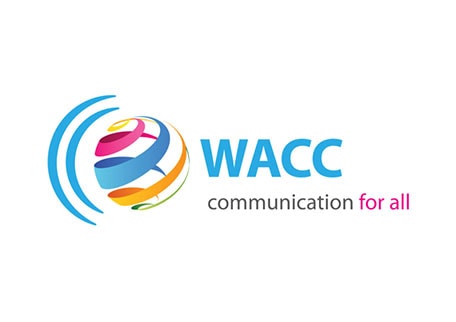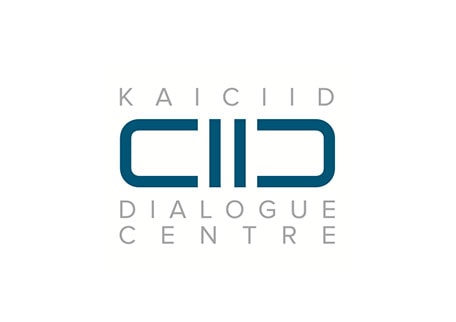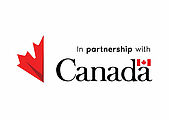
Within just a few days, two important FoRB meetings took place in the United Kingdom. Wilton Park, part of the UK’s Foreign, Commonwealth and Development Office (FCDO), brought together critical civil society representatives – including religious actors – with policymakers and experts from around the world from 29 June – 1 July 2022. The meeting was organised in cooperation with the Adyan Foundation, the Danish Ministry of Foreign Affairs, KAICIID, the International Partnership on Religion and Sustainable Development (PaRD), the University of Sussex, and USAID. It is a run-up to the International Ministerial Conference on Freedom of Religion or Belief, hosted by the UK Government in London from 5 – 6 July 2022.
FoRB: Small Words, big Difference?
Appointed in 2020, Fiona Bruce, the UK’s FoRB Envoy, is a member of Parliament and part of a growing number of national lawmakers who represent their counties as envoys, ambassadors, or special representatives on FoRB issues. Most, like Bruce or Germany’s new FoRB commissioner Frank Schwabe and Italy’s Andrea Benzo, have strong ties to human and minority rights topics and interfaith cooperation.
Religion and belief give people orientation. Freedom of religion or belief is a central human right closely interlinked with various other human rights. Where one of these rights is missing, others are often missing too.
Frank Schwabe, German FoRB Commissioner
EU action on FoRB has been more ambitious since 2016, but FoRB goes back to 1948. Just three years after its founding, the UN’s Universal Declaration of Human Rights asserted in Article 18 that “Everyone has the right to freedom of thought, conscience and religion.” In 1966, FoRB, as a human right, was guaranteed under international law with the International Covenant on Civil and Political Rights (ICCPR). While the EU explicitly avoids excessive politicisation of the topic, voters in many countries have strong religious affiliations, making FoRB an appealing subject for domestic political campaigns in some G20 countries.

In 1981, the UN Declaration on the Elimination of All Forms of Intolerance and of Discrimination Based on Religion or Belief was passed. Today, some policymakers and civil society actors are proposing a shift to the expression Freedom of Religion and Belief to emphasise the inclusiveness of the concept and to highlight that there is no either/or.
The EU’s first FoRB Special Envoy, Ján Figel, reported at the end of his tenure that “high-level political engagement can open closed doors, but it needs to be coupled with sustained efforts and initiatives on the ground.” Governments and civil society seem to have taken Figel’s advice. During the Wilton Park meeting and at the Ministerial Conference, an identifiable foreign policy shift to governments supporting bottom-up approaches and inclusive stakeholder strategies to correct religious discrimination could be seen.
FoRB as a Yardstick for SDGs
Members of PaRD’s leadership, who were at the Wilton Park meeting also attended the Ministerial, including Mejindarpal Kaur, Renata Nelson, Adam Phillips, Gaetan Roy, Khushwant Singh, and Hanno Spitzer. At Wilton Park, they had exchanges on how strengthening human rights, which FoRB is part of, is a requirement not only for dignity and freedom of expression but also for sustainable development and ensuring that no one is left behind – including children, indigenous people, minorities and other vulnerable groups.
The consensus was that the more freedom religious actors have, the more these actors can contribute to issues like the climate crisis, pandemics, or food insecurity. Accordingly, more attention must be paid to strengthening global collaboration on the interlinkages between FoRB and the 2030 Agenda.
Taking human rights seriously means taking plurality and inclusivity seriously. And this means taking freedom of religion and belief seriously.
Khushwant Singh, Head of PaRD Secretariat
In 2021, PaRD launched its FoRB Initaitve. FoRB is a topic which needs room for long-term dialogue and equal level engagement, and PaRD creates a safe space for FoRB and other issues. Founded in 2016, the partnership has been bringing together governmental and multilateral entities with religious and other civil society actors to work towards achieving the SDGs. PaRD members often work locally, using interfaith cooperation to protect human rights and FoRB. PaRD membership continues to grow, and the partnership received several new membership applications in the wake of the meetings in the UK.
Tip: Watch Short Film "Religion Matters!"
How religious actors are working towards achieving the United Nations’ 2030 Agenda is shown in the short film Religion Matters! The video was produced by GIZ, the German Agency for International Cooperation, on behalf of Germany’s Federal Ministry for Economic Cooperation and Development (BMZ), which is also currently the main funder of PaRD.

By loading the video, you agree to YouTube's privacy policy.
Learn more

